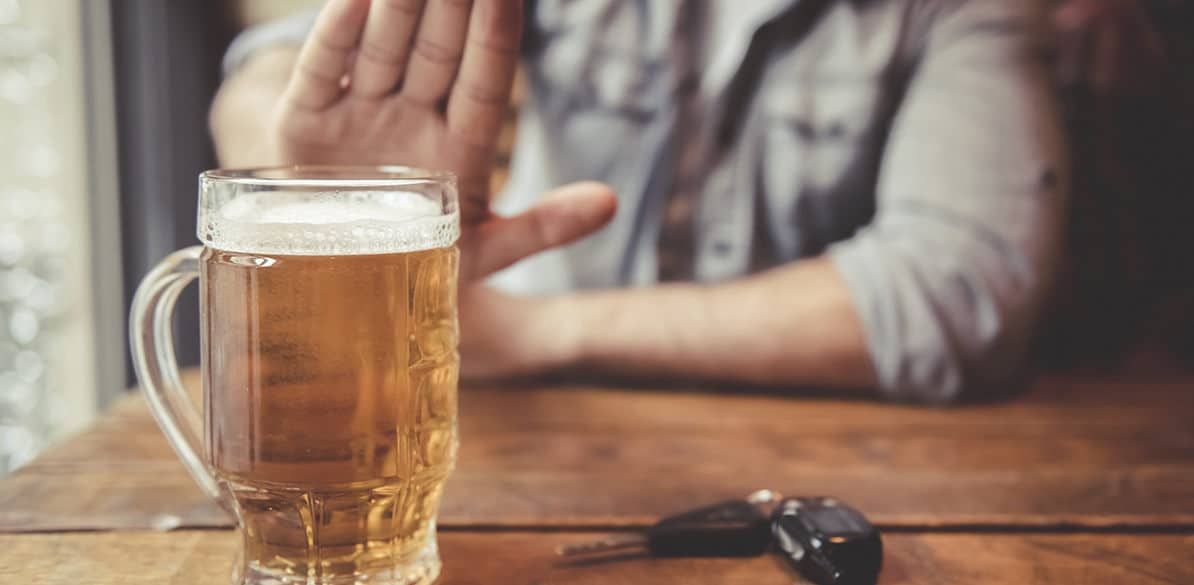Alcohol, other drugs and Road Safety
Always say NO to drugs and alcohol while at the wheel

It’s not enough just to know this. We must become fully aware of the danger it represents to ourselves and others to drive under these circumstances. We are all vulnerable.
Maybe the facts will help us demystify some of the collective misconceptions. For example, that the effects of drugs and alcohol are quickly overcome. Not so. The detoxification process is much longer that the intoxication one. Here’s a fact: a male weighing 70 kilograms who has exceeded the limit of 0.5 g/l of alcohol in the blood needs more than five hours to entirely eliminate it. If he had consumed 1.2 g/l, it would take him eight hours to totally eliminate it.
It is also wrong to think that not drinking much has no consequences. This is backed up by these real effects of the concentration of alcohol in the blood, according to the amount consumed:
| Emotional excitability, reduction in mental sharpness and the ability to make judgments. Relaxation and a feeling of “letting yourself go”, slower eye movements, distortion of distances or “tunnel vision”, and an inability to judge moving lights. | |
| Generally slow reactions and starting to move erratically, with loss of the powers of concentration and anticipation and a lack of coordination. Problems with vision and loss of balance. Unclear perception of red light. Excessive self-confidence and disregard for road signs. The beginning of impulsive and aggressive behavior at the wheel. | |
| Advanced state of drunkenness, very disturbed reactions and slowness in responding. Loss of precise control of movements and serious coordination problems. Clumsy speech and body movements. Reduced intellectual capacity, with difficulty in performing mental activities such as memory and judgment. Emergence of aggressive emotional reactions to setbacks. Reckless driving. | |
| Completely drunk with possible narcotic effects and confusion. Unpredictable changes in behavior and obvious mental confusion. Very blurred vision, hesitant attitude and lack of bodily coordination. | |
| Blind drunk, in an analgesic stupor with progressive loss of consciousness. Complete loss of reflexes, paralysis and hypothermia. Possibility of going into a coma. Impossible to drive. |
- Cannabis: It relaxes you to the point of becoming drowsy at the wheel, it alters your perception of space which impairs the ability to calculate distances, it dramatically reduces driver reaction times, the ability to concentrate and reflexes.
- Cocaine: It makes you impulsive, competitive and even aggressive with other drivers; it gives you a false sense of control; it changes your perception of the traffic around you and reduces your ability to concentrate, making you more susceptible to distractions and to slow reaction times in dangerous situations.
- Ecstasy (MDMA): It causes optical illusions and increases sensitivity to light, thereby increasing the chances of being dazzled or suffering blurred vision, reducing attention levels and the ability to concentrate in traffic. Once the immediate effects of taking it wear off, it leaves you feeling physically and mentally exhausted and open to experiencing flashbacks at the wheel.
- LSD: It changes your perception of reality and can even cause hallucinations and imaginary visions, causing emotional disturbances, that depend greatly on the prevalent mood of the consumer, potentially leading to anxiety and even panic while driving.
- Amphetamines: They produce a feeling of euphoria and excitement, giving rise to violent and/or unpredictable reactions which are therefore inexplicable to other drivers. They also make you overestimate your own capabilities, thus increasing the level of risk in the way your drive.
- There are also medications that can cause effects such as drowsiness, euphoria and sudden anxiety which can have a dire effect on your ability to drive. If you are taking medication, always read the package insert before driving.
If you know these facts, there are no excuses. If you take any type of drug then don’t drive. And don’t get into any car driven by someone who has taken drugs.
